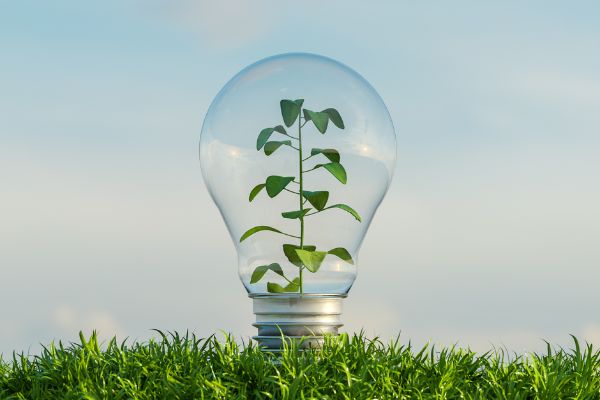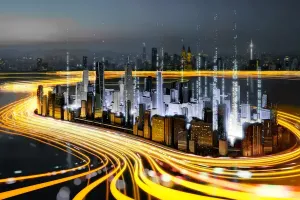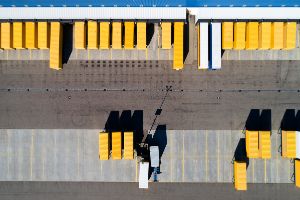Prosegur renews its commitment to the environment with a new wind power project in Brazil
Prosegur recognized International Earth Day on April 22 with an important announcement: the company continues its CO2 emissions compensation program through a wind power project in Brazil’s Rio Grande do Norte state.
.jpg)
The UN’s calls are clear and constant: we need to speed up the pace of decarbonization to limit global warming to levels set by scientific consensus. All actors, from governments to civil society and the private sector, must assume their share of the responsibility.
Prosegur’s commitment to protecting the environment predates the mounting calls for urgent action: it was the first major private security company to sign up to the Climate Pledge, a platform for the world’s leading companies to work together on ambitious actions to achieve net-zero carbon emissions by 2040, 10 years ahead of the Paris Agreement.
The company is meeting its pledge in several ways, with different timeframes and scopes adapted to the diversity of its businesses and the 31 markets where it operates. Reducing emissions requires careful planning. For example, through 100% renewable energy consumption or self-consumption, energy-efficiency technologies, circular economy initiatives or the steady renewal of its fleets of heavy and light vehicles with electric, hybrid or alternative fuel engines.

Emissions offsets with immediate effect
Emissions offsets also play a key role in this complex strategy through projects based on the purchase of carbon credits.
As Juan Ignacio de Guzmán, Prosegur’s Global Director of Institutional Relations and Sustainability, explains, some emissions initiatives are projected for the medium and long term, while others seek immediate impact. Among the latter are offsetting programs such as one underway in Latin America for the past three years, or others specializing in methane capture or developing large wind infrastructures.
This process is now continuing through a wind project in the state of Rio Grande do Norte in Brazil. De Guzman says these projects represent two milestones: quantitative progress due to the level of CO2 offset, and qualitative, because, added to the Prosegur’s others, they are unprecedented in the private security industry. Likewise, the company’s emissions offsetting program meets the objective of local adaptation, both to the social and environmental needs of the country. "We assume the responsibility of setting a high bar, that of a pioneering company in the sustainable development of individual markets and of the entire sector," explains De Guzman.
"We assume the responsibility of setting a high bar, that of a pioneering company in the sustainable development of individual markets and of the entire sector,"
Prosegur’s latest project focuses on offsetting through 100% renewable energy generation at the União dos Ventos (Wind Union) wind energy complex, which brings together ten green field power Plants (WPP). Along with an estimated annual emissions saving of nearly 254,000 tons of CO2 , the infrastructure will also contribute to a significant decrease in electricity transmission tariffs, boost energy security and provide a more diverse electricity mix, in addition to fostering technical training and net job creation in local communities.
With this initiative, the company is offsetting the equivalent CO2 emissions generated by its operations in Europe.

Sustainable Development Goals and a purpose
Prosegur integrates the UN’s Sustainable Development Goals (SDGs) into its strategy through the transformation of its businesses and applying greater efficiency in all its operations and activities.
This range of positive effects also reflects the company's vision of sustainability and its founding purpose: "To make this world a safer place. And for us that clearly means making it more sustainable," the expert concludes.

.webp)

.webp)

